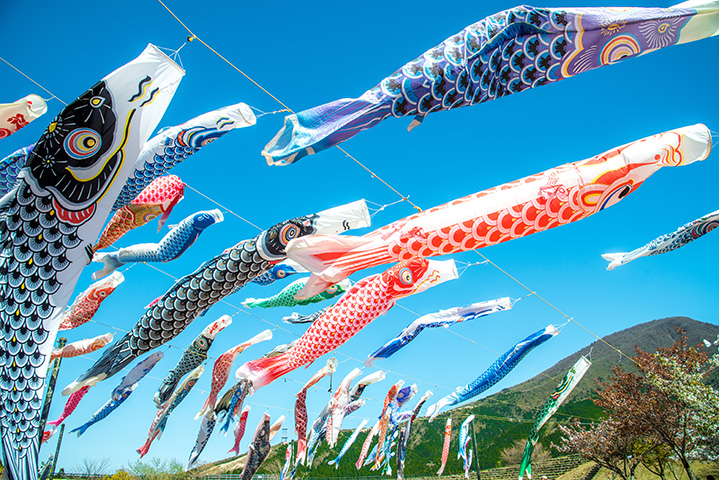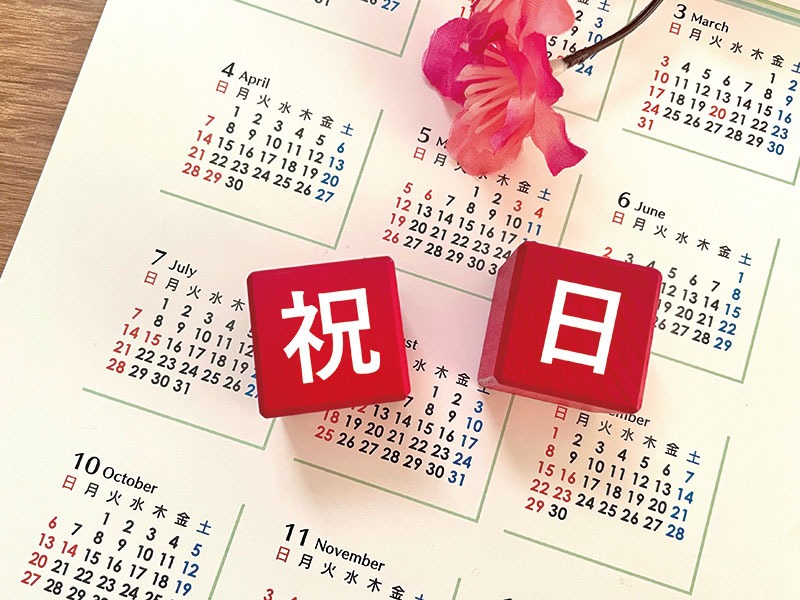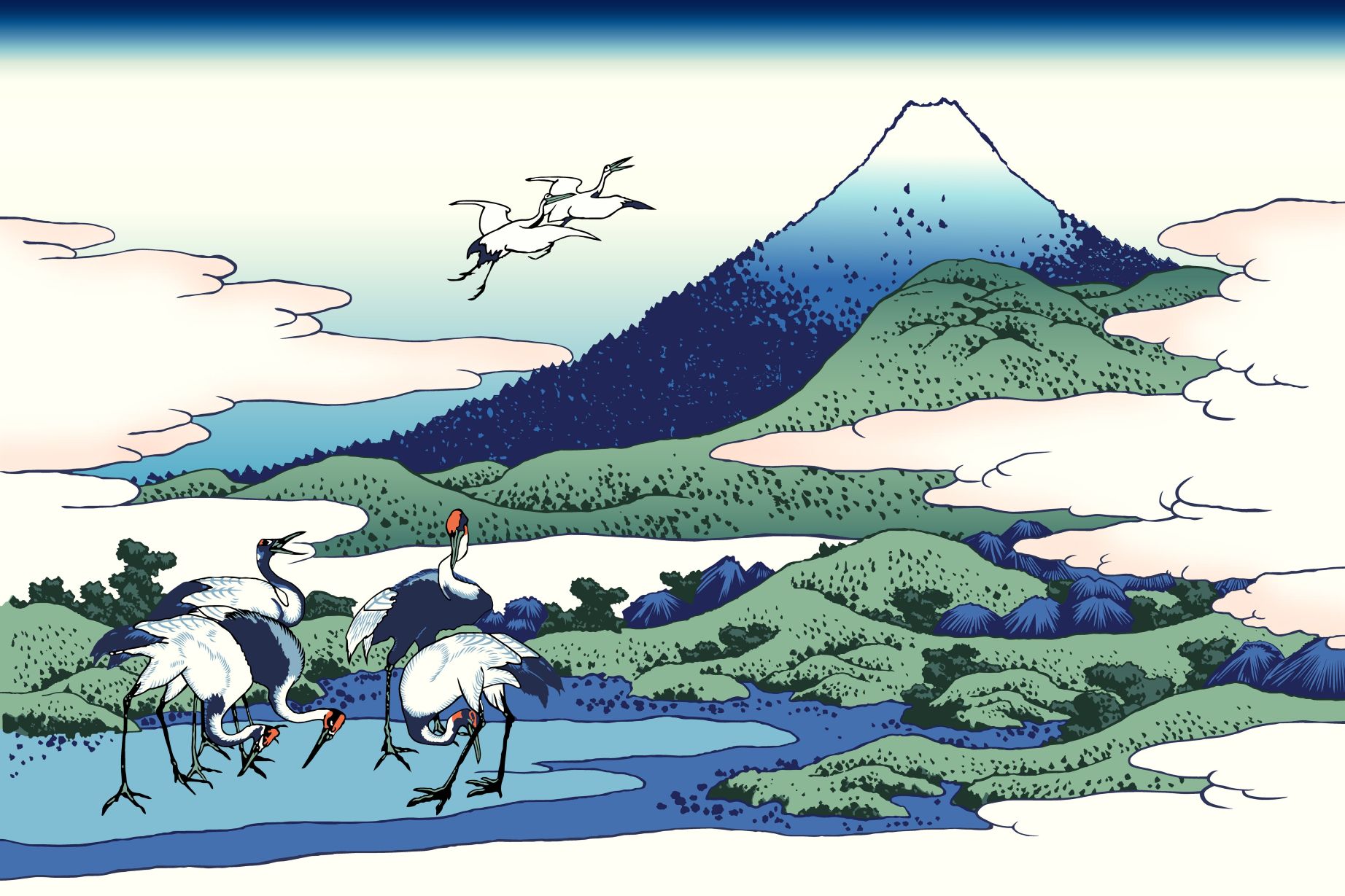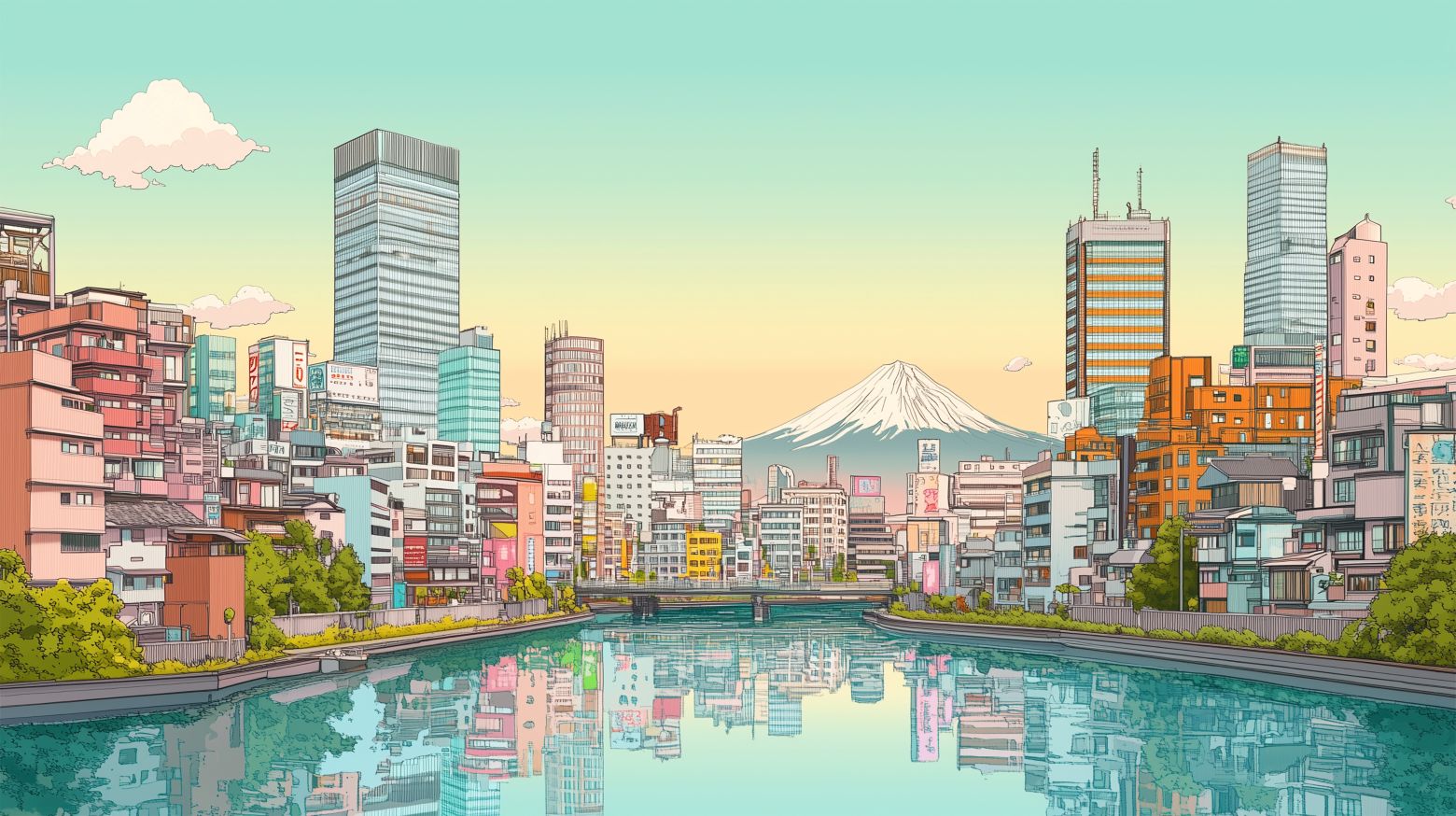1. Japan's Holidays: Constitution, Greenery, and Children – What Do They Mean?
Constitution Memorial Day (憲法記念日)
Date: May 3 This day commemorates the enactment of the Japanese Constitution in 1947. It is seen as a new starting point post-war, where citizens reaffirm the ideals of peace, human rights, and democracy. While political and media discussions about the "Constitution" become active, many families spend the day quietly, making it a holiday for reflection.
Greenery Day (みどりの日)
Date: May 4 A holiday to cultivate appreciation and coexistence with nature. Established in honor of Emperor Showa's interest in nature, it sees numerous events in parks and botanical gardens. Through interaction with nature, it also raises awareness about environmental protection and sustainable living.
Children's Day (こどもの日)
Date: May 5 A day to wish for the growth and happiness of children, originally derived from the Boys' Festival. Reorganized as a national holiday post-war, it celebrates all children regardless of gender. Traditional customs like flying carp streamers and eating kashiwa mochi remain strong.
2. What is Golden Week?
Japan's Unique Long Holiday
Golden Week (GW) refers to the long holiday period from around April 29 to May 5. With multiple holidays concentrated in this period, some years can see up to 10 consecutive days off, leading to increased travel and homecoming activities. The name, popularized by the film industry, has now become synonymous with a major spring event season.
3. May Holidays Around the World: Celebrating Work, Struggle, and Protection
Labor Day (May Day)
Held on May 1, "Labor Day" is celebrated in many countries worldwide. It is a day for demonstrations and parades, advocating for workers' rights and dignity. It is recognized as a public holiday in countries like China, South Korea, Germany, and France.
Cinco de Mayo
Celebrated on May 5, this day commemorates a symbolic victory in Mexico's fight for independence. In the United States, it has become a celebration of Latin American culture, with music, food, and parades held across the country.
Victory in Europe Day
On May 8, this day marks the end of the European front in World War II. In countries like France and the Czech Republic, commemorative ceremonies and military parades are held, serving as a reminder of the importance of peace and freedom.

4. Comparison of May Holidays in Japan and the World
Differences in Values Emerge
In Japan, holidays in May focus on themes of "protecting the future," celebrating peace, nature, and children. In contrast, holidays around the world often emphasize "social change" and "memory," such as workers' rights, freedom, and independence. The cultural values behind these holidays are distinctly different.

5. Q&A: Frequently Asked Questions About May Holidays
Q1. Why are holidays concentrated in May?
Holidays established based on post-war constitutional enactment and traditional events overlap, naturally forming a long holiday period.
Q2. What holidays exist around the world?
Labor Day, Victory in Europe Day, and other holidays related to workers and national history are common, focusing on social and political significance.
Q3. Is there a Children's Day overseas?
June 1 is International Children's Day, but a national holiday like Japan's Children's Day, which integrates traditional culture, is rare and highly unique.
6. Next Time: Wisdom of Japanese Life in June Without Holidays
Invisible Holidays in Daily Life
Although there are no national holidays in June, cultural practices such as Father's Day, plum work, and seasonal clothing changes are cherished. Next time, we will introduce June's lifestyle and seasonal events that leave a lasting impression even without holidays.










